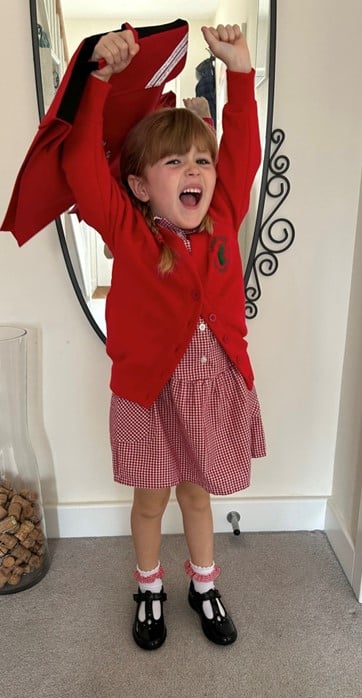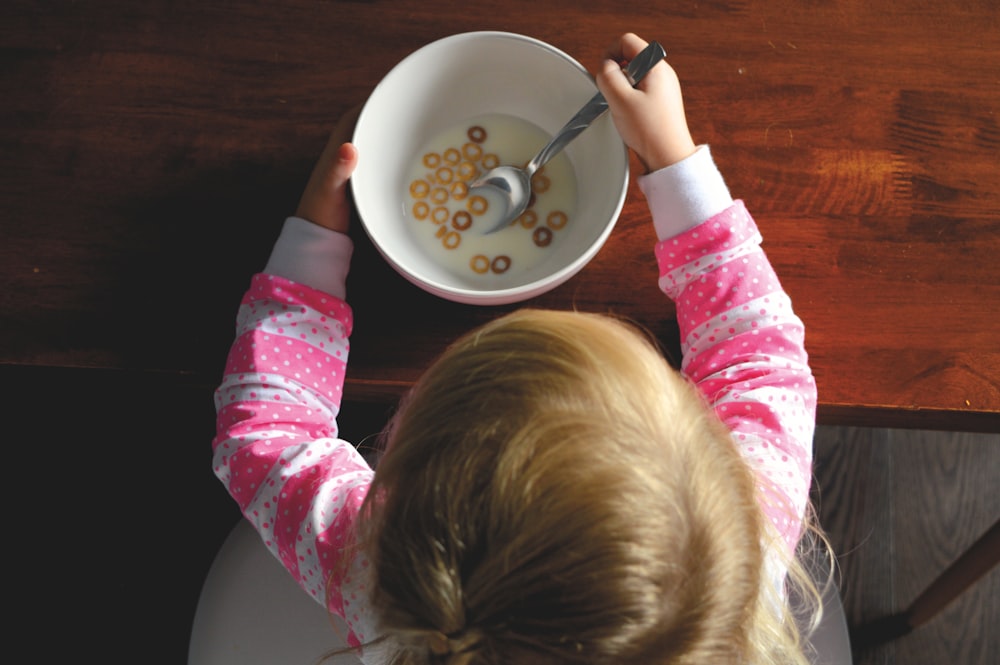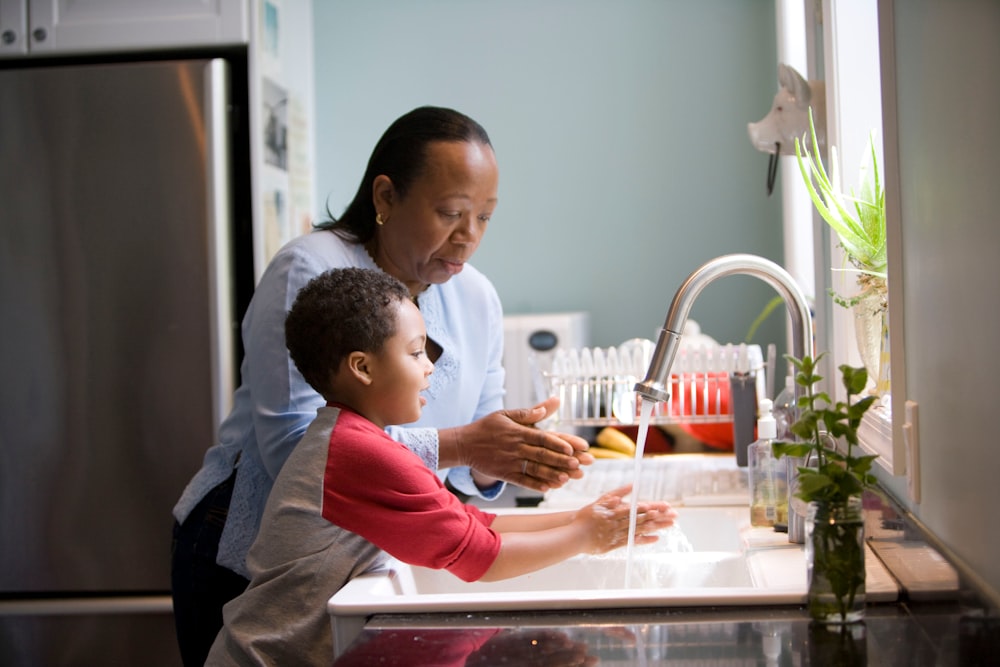Helping your child to become independent!

Going to school is a big change for most children with a new environment, new adults, new expectations and new routines to learn.
Developing independence skills in young children takes time, patience and lots of encouragement. By giving your child the chance to try new things, make mistakes and try again, it will encourage them to be independent; keep praising your child and they will keep trying.
Your daily routine offers lots of opportunities for this!
Top tips:
Getting dressed

- Try to practice getting dressed when everyone is calm and there is no rush, as this can add to the stress
- Encourage your child to put on an item of clothing and talk them through the process – for example, lay the skirt on the floor and tell them to sit on their bottom and put their feet through the hole
- Getting dressed can lead to lots of frustration due to the item of clothing, so try clothing with no buttons or zips and velcro shoes to start with
- Pyjamas are a good item of clothing to practice with when your child is not too tired because they usually have elasticated waists, are stretchy and don’t have ‘fiddly’ bits
- Help your child practice getting teddies and dolls dressed
Meal times

- When you are helping your child with cutting up their food or putting it on a fork, talk your child through the process as you do it
- Offer your child their own cutlery set so you both have a set each, this way they can have a go too
- When you are wanting them to try and cut food up, do it when they have food that is easy to cut such as soft vegetables or fish, as this will reduce the frustration
- Use role play as a time to practice these skills even further, such as a picnic with their superheroes or dolls so they can practice using spoons and cups
- Offer your child smaller versions of jugs and cups so they can ‘have a go’ at pouring a drink or pouring the gravy on their dinner (using a small jug is lighter and easier for them to hold)
Self care

- Remind your child to wash their hands after going to the toilet and before meals – talk them through the process, such as first we turn the tap on, then put soap on your hands, then rub them together, then rinse and dry with the towel (using the same routine will remind them when they are ready to do it themselves)
- When your child has a runny nose, gently tell them that they have a runny nose and need to get a tissue – telling them this, instead of just doing it for them, helps them recognise the feeling of a dirty nose
- When your child looks hot and sweaty or cold from the weather, tell them so they start to recognise the feeling and regulate theses feelings – for example, ‘Oh your hands are really cold and you are shivering, lets put a coat on because it is cold outside’
Social skills

- Play games together with your child, as this helps them understand that there are rules for different games and so they can practise taking turns – you may need to remind them each time that its ‘my turn, your turn, my turn, your turn’
- Have play dates with friends so your child has a chance to mix with other children and their different personalities – this helps your child to experience different situations
- Playing with others will give your child a chance to learn how to share – they will need support with this, so when they want something that someone else has, encourage them to wait their turn and distract them with something else
- For young children, waiting and sharing can be hard skills to learn but an essential skill for when they go to school and they are playing independently – supporting them to learn this skill is essential to reduce frustration